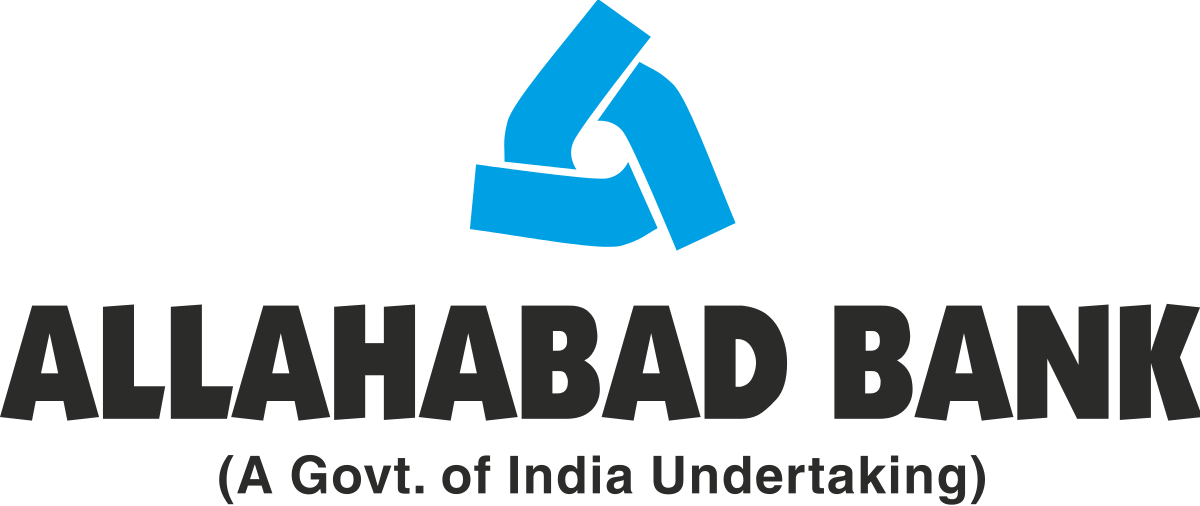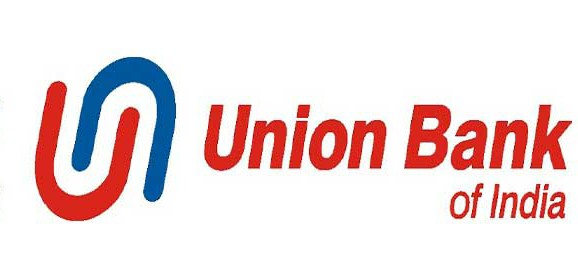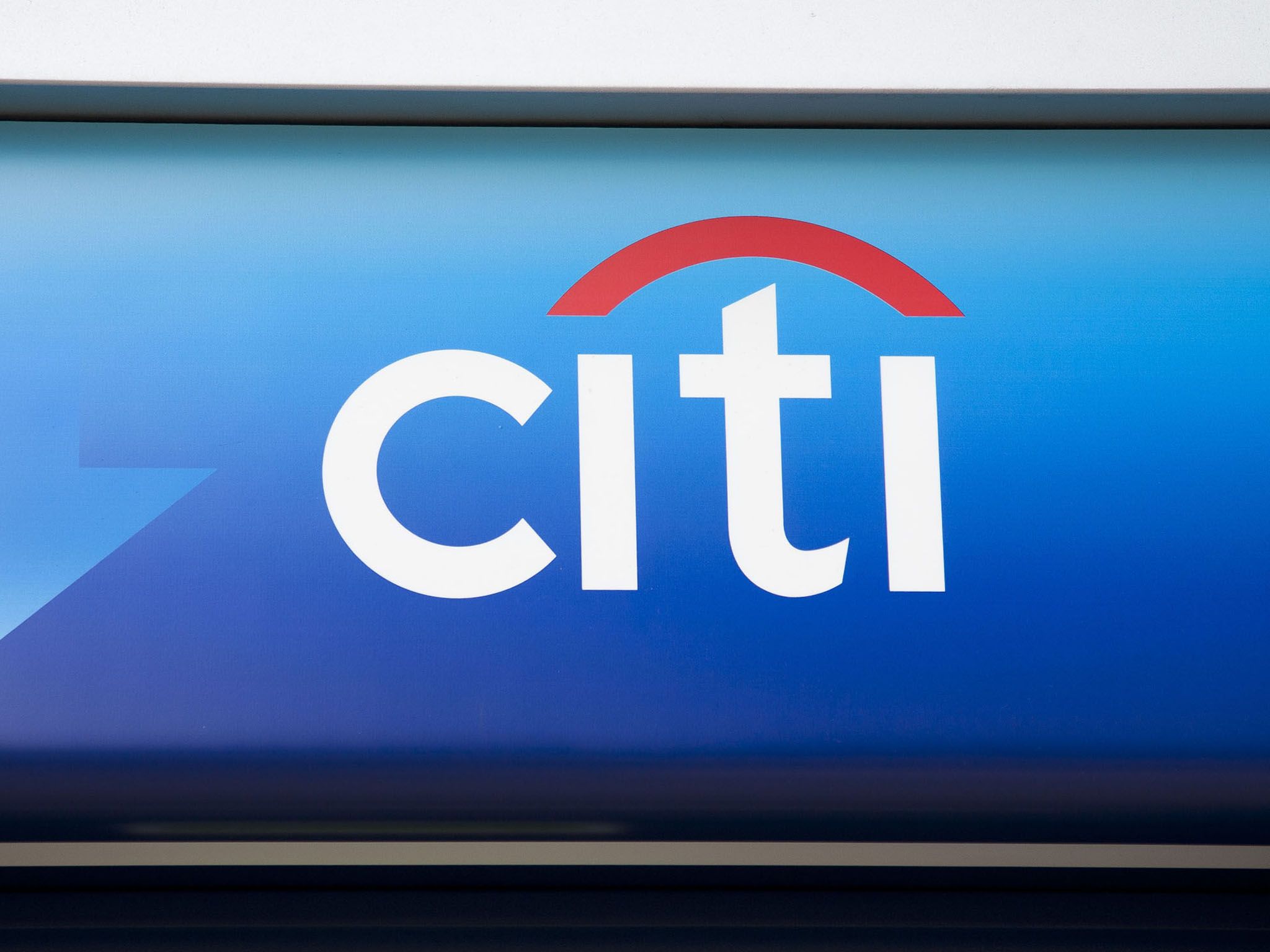Loan Against Property
Loan Against Property
NBFCs and banks in India specialize in a wide range of lending schemes; among them is loans against properties. These loans happen to be quite popular and the objective of this article is to provide factual and current information on loans against properties, especially for those considering availing of these loans in the near future. Read further to know more on the subject.
Very Different from Home Loans
Before going into the various terms and conditions applicable to loans against properties, eligibility factors, advantages of these loans and documentation needed; it is important to emphasize on the fact that these loans are very different from home loans. The express purpose of a home loan is to purchase a home. The bank closely regulates and determines what you do with a home loan for the purpose of using the newly purchased home as collateral. In the case of loans against properties, a preowned home is designated as collateral for a significant amount of money lent by the bank or NBFC to a borrower. These preowned homes can be occupied by the borrower or rented out by the borrower, in both cases the owner of the home is eligible for a loan against property. In banking parlance, loans against property are often abbreviated to LAP. These loans are also known as mortgage loans as property is mortgaged in lieu of a loan.
Different Properties Subject to LAP Availability
Banks and NBFCs consider a wide range of preowned properties when lending to borrowers and ensuring repayment using the preowned property as collateral. These properties include...
- Residential Properties Owned by the Borrower
- Properties Owned and Occupied by the Borrower
- Properties Owned and Rented Out by the Borrower
- Plots of Land Owned by the Borrower
- Commercial Property Owned by the Borrower
- Commercial Property Owned and Rented out by the Borrower
Purpose of Loans against Properties
It is primarily the borrower's prerogative as to what he or she does with a loan against property. In no way do banks regulate how these funds are used by the borrower. In most cases, an individual might opt for a loan against property for debt consolidation, medical emergencies, weddings in the family, foreign travel, working capital or even to purchase another property. The onus is mainly on the borrower to use the funds carefully.
Advantages of Loans Against Property
- Your property is an asset that could be of great value in times of financial need. A loan against property is one way to realize and harness the monetary value of your property without losing ownership of what is yours. In most cases, you can avail of up to 65% of the current value of your property which is an attractive proposition when you require a significant amount of money for a range of personal reasons.
- Lower interest rates are another attractive feature of loans against properties. When you use the property as collateral to borrow from a bank or an NBFC, you can expect to pay significantly lower interest rates as compared to personal loans and business loans.
- You have the freedom to determine what you want to do with the loan amount. As mentioned earlier, loans against property are often used to finance startups, for medical emergencies, vacations, weddings, home renovations and even purchase of additional property.
- As the repayment tenure is long and even extends to 15 years or more in some cases, and the rate of interest is low, these loans are easier to pay off.
- Any type of self-owned property can be used as collateral to avail of loans against property.
- Processing fees are low and the loan processing procedure mostly often hassle-free.
Loan Amount
When you choose to borrow from a bank or an NBFC using your property as collateral, the loan amount that you are eligible for entirely depends upon the current market value of your home. Bearing in mind that the location, size and the nature of the property has an impact on its value, the bank or NBFC of your choosing will send a team to inspect your property and after appropriate evaluations, will notify you of the loan amount that you are eligible for. In most cases, loans disbursed against property as collateral are equivalent to 65% to 70% of the property value.
Interest Rates and Processing Charges for Loans against Property
Various banks and NBFCs have varying interest rates and processing charges for loans against property. The infographic below will give you all the information you require on this subject.
|
Bank/NBFC
|
Interest Rate
|
Processing Fee
|
|
State Bank of India
|
10.30%
|
Minimum 1% of Loan Amount
|
|
HDFC
|
3.75%
|
Minimum 0.25% of Loan Amount
|
|
ICICI
|
11.95%
|
Minimum 0.50% of Loan Amount
|
|
Axis Bank
|
11.35%
|
Minimum 0.50% of Loan Amount
|
|
Citibank
|
8.80%
|
Minimum 0.25% of Loan Amount
|
|
Punjab National Bank
|
10.50%
|
Minimum 1% of Loan Amount
|
|
Union Bank of India
|
11.60%
|
Minimum 0.50% of Loan Amount
|
|
Syndicate Bank
|
11.65%
|
Minimum 0.50% of Loan Amount
|
|
Kotak Bank
|
9.60%
|
Minimum 1% of Loan Amount
|
|
Bank of India
|
10.65%
|
Minimum 1% of Loan Amount
|
|
HSBC
|
9.80%
|
Minimum 1% of Loan Amount
|
|
Yes Bank
|
10.50%
|
Minimum 1% of Loan Amount
|
|
Allahabad Bank
|
14.15%
|
Minimum 0.53% of Loan Amount
|
It must be noted that availing of loans against property, can choose to pay either a fixed interest rate or a floating interest rate.
- A fixed interest rate for loans against property varies between 11% to 15% from bank to bank and is ideal for those looking at a long-term repayment tenure.
- A floating interest rate for loans against property is subject to market conditions and is most suitable for those looking at paying off the loan in a short period of time.
Monthly EMIs and Repayment Tenure for Loans against Property
The value of your property determines the loan amount that you are eligible for when availing of loans against property. This, in turn, determines the repayment tenure and monthly EMIs that are due to the bank or NBFC you choose to avail of a loan against property. While there is no minimum repayment tenure, loan repayment tenures can even exceed 15 years in some cases.
Criteria for Eligibility
- The sole candidates for loans against property are property owners and co-owners.
- Candidates for these loans should be above the age of 21 and below 60 years.
- Working professionals with a minimum of 40000 net salary p.m. are eligible for these loans.
- Self-employed individuals making a minimum annual income of 3 Lakh are eligible for these loans.
- For employees, 3 years of work experience is a prerequisite.
- For self-employed individuals, a running business of 5 years and 3 years of IT returns are prerequisites.
- 650 or above, is an acceptable CIBIL score for individuals looking to avail of a loan against property
Documentation Required
- Pan Card
- Voter’s ID
- Residential Proof
- Form 16
- Salary Slips for Last 6 Months
- Last 2-3 years ITR
Banks and NBFCs are likely to require additional documents from a self-employed loan against property applicants, subject to the nature of their income source.
In conclusion, this article aims to serve as an extensive research source for those applying for loans against property in the near future. This article effectively sheds light on the pros and cons of loans against property while also touching upon terms and conditions and eligibility factors.
| Bank | Interest Rate | Minimum Age (in yrs.) | Minimum Income (in Rs.) |
|---|---|---|---|
 State Bank Of India |
15.25% to 15.50% | Maximum 60 years | Rs. 1,44,000 per annum |
 ICICI Bank Limited |
Information not available | Minimum 21 years | Income criteria not provided |
 Allahabad Bank |
Starting from 14.15% floating | 21 to 65 years | Regular Income |
 Andhra Bank |
Starting from 10.75% | 21 to 65 years | Regular Income |
 Bank of India |
Starting from 10.65% | Min 21 and Max 60 years | Regular Income |
 Punjab National Bank |
15% to 15.75% | Below the age of 60 years | Net monthly income should be at least 1.5 times of proposed EMI |
 Union Bank of India |
14% | 18-60 years | Rs.1.20 lacs p.a. |
 HDFC Bank Limited |
Information Not Available | Age criteria not provided | Income criteria not provided |
 Industrial Development Bank of India (IDBI) |
13% | Age criteria not provided | Income criteria not provided |
 CITI Bank |
Information not available | Minimum 23 years for co-applicant minimum 21 years; maximum 65 years on loan maturity | Income criteria not provided |
 Yes Bank |
Starting from 10.50%, | Minimum 23 years & Maximum 65 years | Rs.3 Lakhs Per Annum |
- Home Loan Calculator
- Car Loan Calculator
- Personal Loan Calculator
- NPS Calculator
- Future Income Calculator
